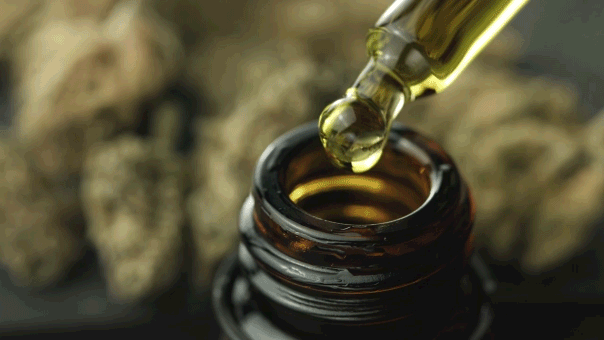Even healthy, active people will experience joint and muscle pain due to exertion and aging. Enter devil's claw to the rescue. Devil's claw root is the common name for Harpogophytum procumbens, an herbaceous plant native to the Kalahari savanna of Southern Africa, the Namibian steppes, and Madagascar. Devil's claw root refers to the dried roots of the plant, which are used medicinally, primarily in Africa and Europe. According to the European Scientific Cooperative on Phytotherapy (ESCOP) the roots should contain not less than one percent of the compound harpagoside. Devil's claw root plays a valuable role in African folk medicine, where it has been used as a digestive tonic, for blood disorders, to reduce fever, as an analgesic, and to relieve various complaints during pregnancy.
Devil's claw root has been the subject of analysis into its constituents, animal and human studies. Devil's claw root contains a group of compounds called the iridoid glucosides, which include harpagoside, and are anti-inflammatory. The root contains several other anti-inflammatory compounds as well. Other agents in devil's claw root, including flavonoids and phytosterols, are antioxidant, choleretic (stimulate bile production) and antispasmodic. The combination of anti-inflammatory, antispasmodic and digestion-enhancing agents supports the uses of devil's claw for those purposes. Devil's claw root was introduced to Western medicine by a South African farmer, G.H. Mehnert, who observed its broad uses among natives. Devil's claw root was first used in Europe in 1953, where it has enjoyed use for arthritic, liver, bile, kidney and bladder complaints, and allergies.
Today the most popular use for Devil's claw root is to relieve arthritis. In France Devil's claw root products can be marketed with a claim for traditional use for symptomatic relief of painful joint disorders. The herb is approved by ESCOP for painful arthritis, tendinitis, loss of appetite and dyspepsia.
One study on Devil's claw was performed on patients with slight to moderate muscular tension or slight muscular pain of the back, shoulder and neck. On a double-blind randomized basis, a total of 31 patients received doses of Devil's claw root extract twice daily, and 32 received a placebo. The duration of the therapy was 4 weeks. A highly significant clinical efficacy was achieved with Devil's claw extract in cases of slight to moderate muscular pain.
In a published analysis of several Devil's claw root studies, extracts of Devil's claw root proved valuable for the supportive treatment of degenerative painful rheumatism. Use of devil's claw extract improved motility and a reduction of pain sensation in several clinical studies. Pharmacological experiments have shown analgesic, antiphlogistic and anti-inflammatory actions.
There are no known negative side effects or drug interactions associated with Devil's claw. You can use Devil's claw as a tea or in tablets and capsules. As a tea, brew 4 - 5 grams of the root daily for relief of joint or muscle pain. In supplementary capsule form, look for products containing extracts of Devil's claw standardized to 2 - 3% iridoid glycosides. Take 200 - 2500 milligrams per day.
Chris Kilham is a medicine hunter who researches natural remedies all over the world, from the Amazon to Siberia. He teaches ethnobotany courses at the University of Massachusetts Amherst, where he is Explorer In Residence. Chris advises herbal, cosmetic and pharmaceutical companies and is a regular guest on radio and TV programs worldwide. His field research is largely sponsored by Naturex of Avignon, France. Read more at www.MedicineHunter.com








































